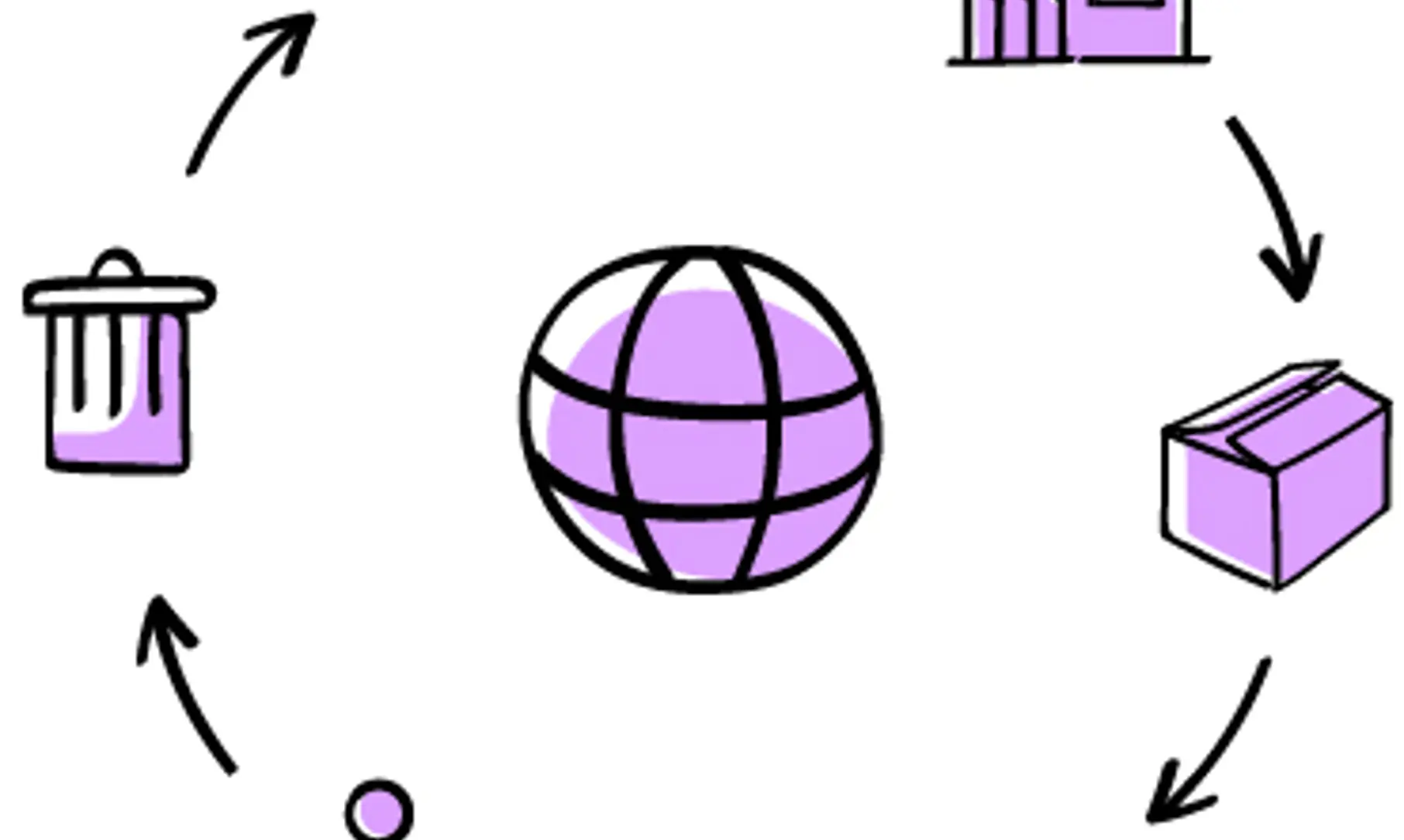Data that makes sustainability tangible

The journey to sustainability requires the right partners. But it is not easy for food and beverage manufacturers to decide who to partner with and which materials to incorporate into their value chain. A topic as complex as sustainability needs to be considered from so many different aspects. In our previous post, we discussed the importance of looking at the big picture to get a comprehensive understanding instead of being swayed by perceptions. Data can be the differentiator here, helping back up environmental claims. So, what are these different kinds of data and where does one find them?
Two approaches, which often overlap, are: Does the organization have a proven track record and a defined sustainability roadmap? What is the environmental footprint of the product or in our case the pack?
The product view: life cycle assessment
LCA, as it is commonly called, is a holistic way of evaluating the environmental impact of a product throughout its entire life cycle, from raw material extraction to disposal or recycling. In short, it tells the whole story – quantifying environmental footprint with comparable data across the lifecycle. LCA is a critical tool used by businesses to optimize their own processes for better outcomes.

Key components of an LCA
In a nutshell, LCAs calculate the net impact using multiple data points, which result in - Net results or impact = environmental Burden + credits. Environmental burdens represent negative impacts such as climate change and stratospheric ozone depletion, credits denote positive contributions such as material or energy recovery, and these add up to provide the net result.
The business view: reports and roadmaps
Sustainability reporting and are good indications of a company’s sustainability commitment. The simple question is: are they really walking the talk? A sustainability roadmap should ideally have measurable goals with a defined path and milestones. For example, at SIG, our ambitious path to net-zero is approved by Science Based Targets initiative (SBTi).

Sustainability reports are crucial for evaluating a company's environmental, social, and governance (ESG) performance as they provide insights into a company's sustainability practices. With ESG reporting already mandatory in many countries globally, the recent EU Corporate Sustainability Reporting Directive (CSRD) marks another significant step in furthering transparency and accountability.
Metrics that matter
In the varied kinds of sustainability reporting, diverse data points tell the whole story. Common environmental metrics encompass resource consumption, waste generation, and greenhouse gas emissions, material efficiency, recycling rates, and so on. Social metrics, on the other hand, report on factors such as workforce diversity, fair labor practices, human rights.
The data should ideally show progress and align with a company’s overall sustainability goals. Measurable progress is key here. And as sustainability is not a solo journey, today companies are collaborating for a more sustainable future. Take our own sustainability projects and alliances, such as ACE and NPP, among others. Talk to us to know how we, at SIG, are moving forward with our sustainability commitment or look into our CR reports and LCAs.
In the next blog post, we will examine what makes sustainability goals of food and beverage different from others with our unique requirements of food safety and shelf stability. Don’t miss it – watch this space or get it in your inbox by subscribing to our bi-weekly newsletter.


How conserving the jaguar king can protect its forest kingdom

